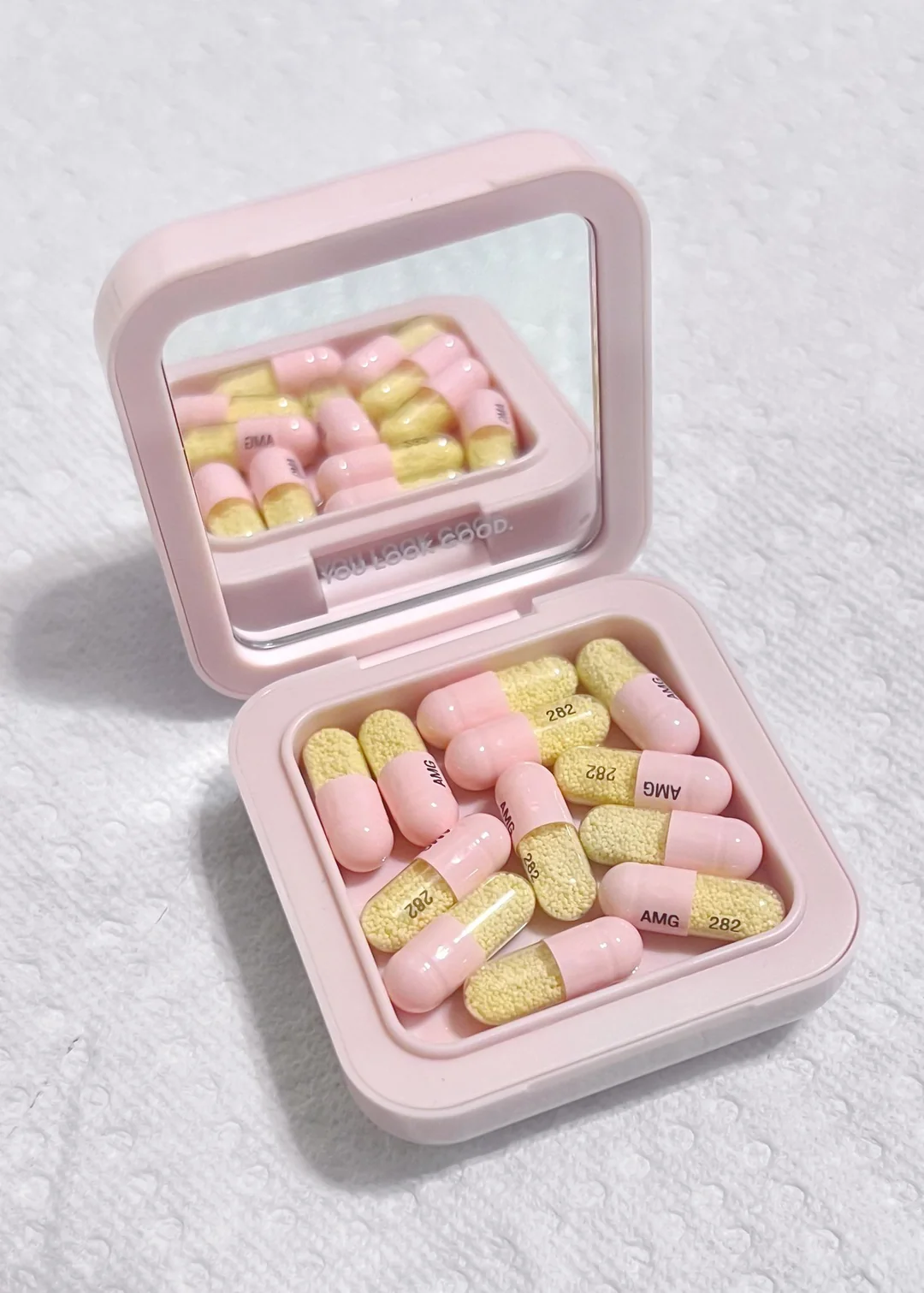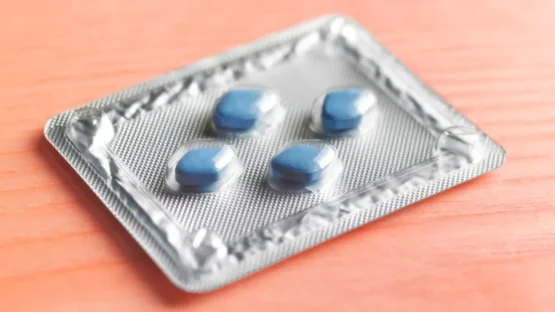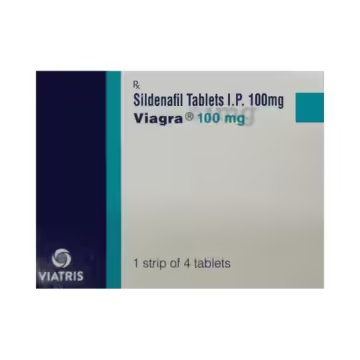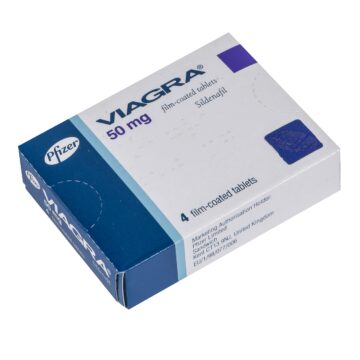- You have no items in your shopping cart
- Continue Shopping

When managing conditions like ADHD (Attention Deficit Hyperactivity Disorder) or narcolepsy, stimulant medications such as Vyvanse and Adderall are commonly prescribed. Both of these medications are designed to improve focus, attention, and impulse control. However, if you’re comparing 50mg Vyvanse to Adderall, it’s essential to understand their key differences, how they work, and what to expect in terms of effectiveness, dosage, and side effects.
What is Vyvanse?
Vyvanse (lisdexamfetamine dimesylate) is a long-acting prescription medication that’s part of the amphetamine family. It’s a prodrug, which means it remains inactive until it’s metabolized in the body. Once ingested, Vyvanse is converted into dextroamphetamine, a central nervous system stimulant. This unique prodrug characteristic helps reduce the potential for misuse, as the drug must be taken orally to be effective.
A 50mg dose of Vyvanse provides a sustained release of dextroamphetamine, usually lasting between 10 to 14 hours. This extended duration makes Vyvanse ideal for individuals who require consistent symptom management throughout the day. Because of its gradual onset, it tends to have smoother effects with fewer spikes in energy or focus, making it a suitable option for people sensitive to stimulant medications.
What is Adderall?
Adderall, on the other hand, is a combination of amphetamine salts, specifically dextroamphetamine and levoamphetamine. It’s available in both immediate-release (IR) and extended-release (XR) formulations. The immediate-release version typically lasts around 4 to 6 hours, while the extended-release version provides effects for up to 12 hours.
When comparing 50mg Vyvanse to Adderall, it’s important to note that Adderall doses are not directly interchangeable with Vyvanse. A typical dose of Adderall may be lower than Vyvanse because Adderall contains two different types of amphetamine salts that work synergistically to produce effects.
Key Differences: Vyvanse 50mg vs. Adderall
- Duration of Effect: Vyvanse offers a smoother, longer duration of action, lasting 10 to 14 hours on average. Adderall, especially in its IR form, lasts for a shorter duration, around 4 to 6 hours, though the XR version can last up to 12 hours.
- Mechanism of Action: Vyvanse needs to be metabolized by the body before it becomes active, leading to a slower onset of action, which many find beneficial for gradual symptom control. Adderall, on the other hand, begins to work faster since it doesn’t need conversion by the body.
- Dosage Equivalency: There is no exact equivalent dose of 50mg Vyvanse to Adderall. However, 50mg of Vyvanse is roughly comparable to about 20mg of Adderall XR in terms of overall effect. The differences in their chemical composition and release mechanisms make it important for a healthcare provider to tailor the dosage individually.
- Potential for Abuse: Vyvanse, as a prodrug, has a lower potential for abuse compared to Adderall. Since Vyvanse must be taken orally and metabolized before it becomes active, it’s harder to misuse. Adderall, being an immediate-acting amphetamine, carries a higher risk for abuse, especially in its IR form.
- Side Effects: Both medications have similar side effects since they are both stimulants. Common side effects include insomnia, decreased appetite, dry mouth, increased heart rate, and anxiety. However, due to the longer, smoother release of Vyvanse, some individuals report fewer “ups and downs” compared to Adderall IR. Adderall may cause more fluctuations in mood and energy, particularly as the effects wear off.
Effectiveness and Uses
Both Vyvanse and Adderall are highly effective for treating ADHD, though their use may depend on individual preferences, lifestyle, and response to the medication. Vyvanse’s longer duration of action makes it a good choice for individuals who need all-day symptom control without the need for midday dosing. Adderall IR may be more suitable for those who prefer shorter coverage or want more control over when they take their medication.
For people with ADHD, studies have shown that both Vyvanse and Adderall improve attention, focus, and reduce impulsivity. The choice between the two often comes down to how long the effects are needed, how the medication fits into daily routines, and personal tolerability of side effects.
Cost Considerations
When comparing 50mg Vyvanse to Adderall, it’s also important to consider cost. Vyvanse, being a newer medication, tends to be more expensive than generic versions of Adderall, especially the immediate-release formulation. However, insurance coverage, discount programs, and patient assistance can reduce out-of-pocket costs for both medications.
Final Thoughts: 50mg Vyvanse vs. Adderall
Ultimately, the decision between 50mg Vyvanse and Adderall depends on individual needs, preferences, and how your body responds to each medication. Vyvanse offers a smooth, long-lasting option with a lower risk of abuse, while Adderall provides more flexibility in terms of dosage and duration of effect, especially with the immediate-release version.
Both medications have been proven effective for treating ADHD, so it’s important to consult with a healthcare provider to determine the best option for your situation.




